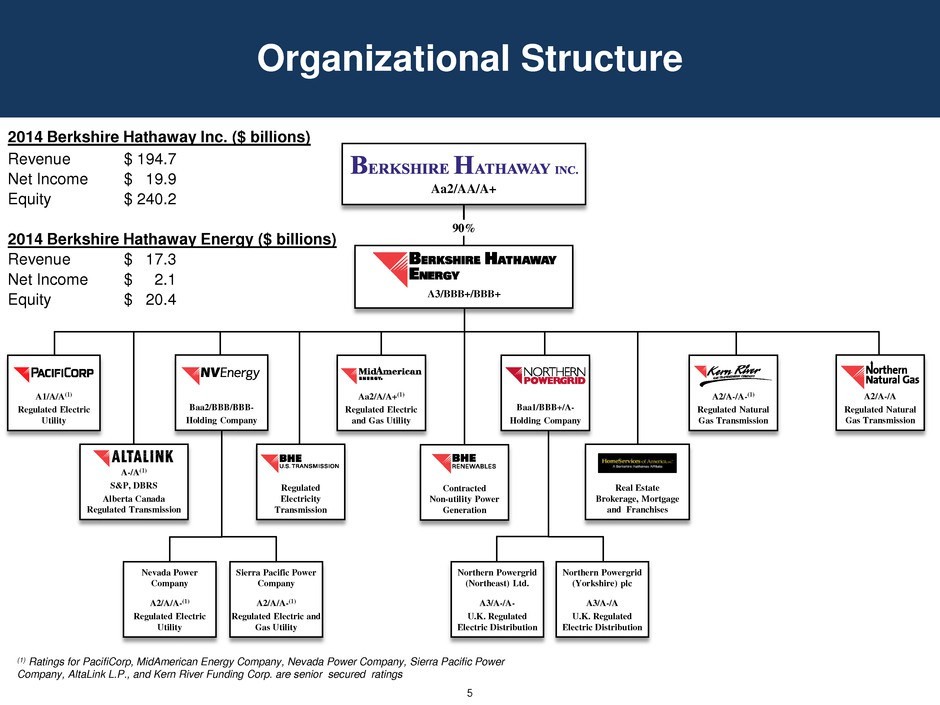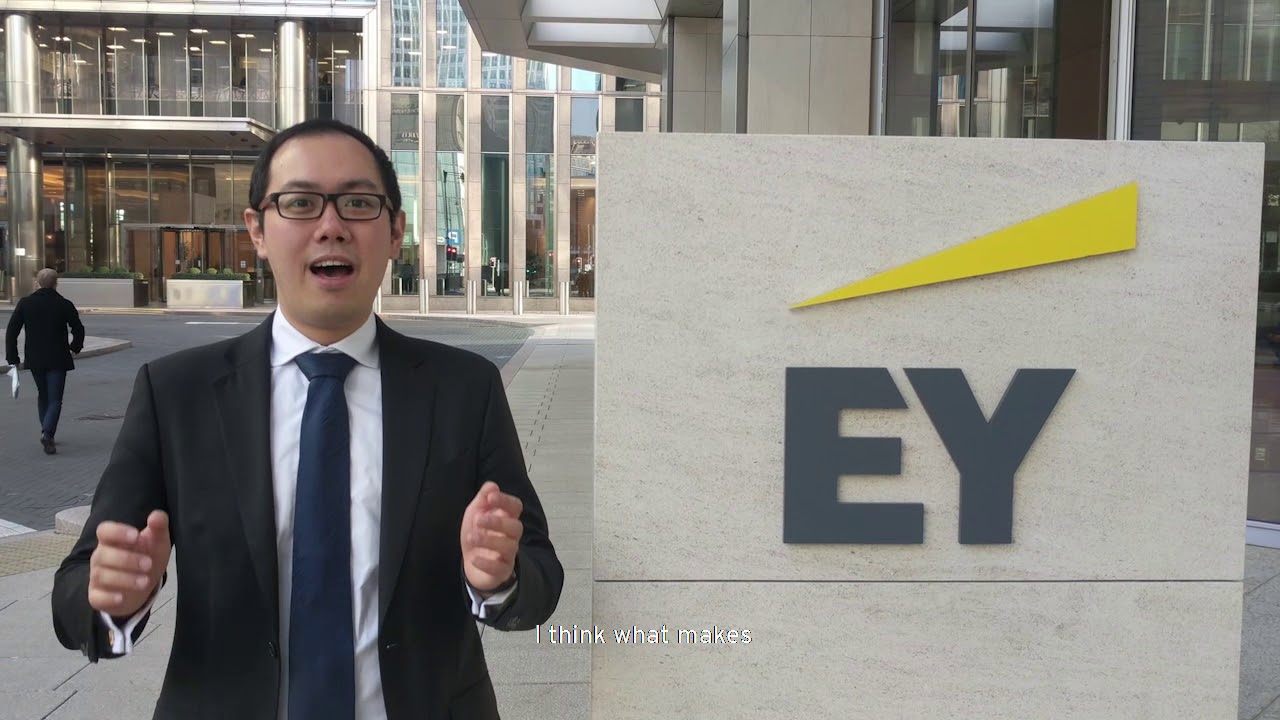
The key to managing your human capital is understanding and measuring your people's skills. This assessment will help your company develop a better pay incentive system. It will also allow you to align salaries and skill sets more accurately. Pay-for-skills will allow you to avoid high turnover rates and keep employees. It will also encourage employees to develop their core competencies. This will increase their satisfaction and help them stay longer in the company.
Employee engagement
Employee engagement is a vital component of managing human capital. Engaging employees means giving them meaningful feedback and giving them a sense of purpose. It gives them a voice, and gives them the chance to voice their opinions and concerns. Managers should be open with staff members to discuss their concerns and receive regular feedback.
Employee turnover is one factor that can have a significant impact on an organization's productivity. Gallup found that the cost of millennial turnover to organizations is $30.5 billion per year. Engaged workers are more satisfied at work and are more likely stay in their current positions.
Performance management
The purpose of performance management for people is to ensure that the company's strategy aligns with employees' performance. It involves setting goals and objectives and ensuring that everyone works in the same direction. This includes creating and monitoring individual performance plans as well as determining compensation. Performance management is also about identifying and developing key talent and high-potential employees. This approach can be used for a wide range of purposes, such as hiring and firing, evaluation of performance, and identifying training opportunities.

A great performance management system should integrate employee engagement with performance improvement. It will also ensure employees feel motivated to learn and develop. Microsoft's call center agents gamification program shows this well. The goal is for employees to have the knowledge and skills required to fulfill their role. To be successful, the performance system should be integrated to the employee education program.
Compensation
A good compensation package can make it easier to attract top talent. It is important to remember that compensation does not only have to be about money, but how employees are motivated. A well-designed compensation management system can help companies attract top talent, retain employees, and motivate them. The right compensation mix can help increase a company’s efficiency and revenue.
Compensation management is about ensuring that benefits and salaries are competitive and meet the needs of current employees. This involves analysing employment data and staying up-to-date on complex benefits administration rules. While compensation is important, it is also vital to ensure that employees are paid appropriately and on time.
Pay-for-performance
Pay-for–performance is a great tool to motivate employees and keep them motivated. This model gives employees the power to raise their wages by achieving specific targets. Additionally, this model can help you hire more highly-skilled individuals. While this type of compensation is not suitable for every company, it can encourage top performers to stay.
Implementing pay-for performance is important. It is essential that both the CEO as well as HR departments fully support this concept. If top management embraces the concept, middle management will follow suit.

Learning
Learning can be used as part of human resource management to maximize the potential of your employees. There are many ways that you can make learning an integral part of your company, whether you're hiring new employees or promoting existing employees. Understanding industry trends and identifying the needs of your employees is one of the best ways to increase your human capital.
You can do this by offering training to your employees. Proper training will help employees feel confident and excited about their jobs. Employees who feel competent at their job will do well.
FAQ
What happens when the consultant is done?
After the consultant has completed the work, they will submit a final document detailing the results. This report details the project timeline, deliverables, as well any other pertinent information.
The report will be reviewed and you can decide if the consultant met all your expectations. If you are not satisfied with the consultant's report, you have the option to ask for modifications or to terminate your contract.
How does consulting differ from freelancing?
Freelancers, who are self-employed and provide services to clients without the need for employees, are independent contractors. They charge hourly rates depending on the amount of time spent on a client's projects. Consultants usually work for agencies or companies that employ them. Their salaries are often paid monthly, or annually.
Because they have control over their work hours and can set their prices, freelancers are more flexible than consultants. But consultants have more benefits like vacation days, health insurance and retirement plans.
What is a consultant?
Consultants are those who offer services to other people. It's more than just a job title. This role allows you to help others achieve their dreams. This is done by helping others understand their options and making the right decisions.
Consultants can help you solve problems or overcome challenges when working on projects. They offer guidance and advice about how to implement such solutions.
A consultant should be able to answer questions about anything related to business, technology, finance, law, management, leadership, strategy, operations, customer service, human resources, etc.
How did modern consultancy become possible?
The first consultants were accountants that helped companies manage finances. Their skills in managing financial information led to them being called "accounting consultant". The role soon expanded to include other areas, including human resources management.
The French word "to advise" is the origin of the term "consultant". It was first used by businessmen to refer to someone who could give advice about how to run an organisation. Even today, many business owners still use "consultant" when referring to professional advisors.
Is it possible for a consulting business to be run from home?
Absolutely! Many consultants do this already.
Working remotely is a common way for freelancers to work. They use tools like Skype, Trello (Slack), Trello, Basecamp and Dropbox. To avoid being left out of company perks, they often set up their own office space.
Some freelancers prefer to work in cafes or libraries instead of in a traditional office environment.
And others choose to work from home because they enjoy being surrounded by their children.
While working remotely has its advantages, it also comes with some disadvantages. It's worth looking into if your job is fulfilling.
What types of contracts exist for consultants?
Most consultants sign standard employment deals when they're hired. These agreements define the terms of the agreement, including how long the consultant is expected to work for the client as well as what he/she should be paid.
Contracts specify the area of expertise that the consultant will specialize in and the amount they will be paid. One example is that the agreement may specify that the consultant provides training sessions and workshops, webinars, seminars, or other related services.
Sometimes the consultant will simply agree to complete a task within a certain timeframe.
In addition to standard employment agreements, many consultants also sign independent contractor agreements. These agreements allow consultants to work independently while still receiving payment.
Statistics
- 67% of consultants start their consulting businesses after quitting their jobs, while 33% start while they're still at their jobs. (consultingsuccess.com)
- On average, your program increases the sales team's performance by 33%. (consultingsuccess.com)
- According to statistics from the ONS, the UK has around 300,000 consultants, of which around 63,000 professionals work as management consultants. (consultancy.uk)
- Over 50% of consultants get their first consulting client through a referral from their network. (consultingsuccess.com)
- "From there, I told them my rates were going up 25%, this is the new hourly rate, and every single one of them said 'done, fine.' (nerdwallet.com)
External Links
How To
How do you find the best consultant?
First, ask yourself what kind of consultant you are looking for. Before you start looking for someone to work with, it's important that you know your expectations. Before you start looking for a consultant, make a list. This could include: professional expertise and technical skills, project management capabilities, communication skills, availability, etc. Once you've listed out these requirements, then you may want to consider asking some friends or colleagues who they would recommend. Ask your friends or colleagues about any negative experiences they have had with consultants, and compare their recommendations with yours. Try searching online for recommendations if you don’t have any. You will find many websites such as LinkedIn, Facebook Angie's List, Indeed and Indeed where people can leave reviews about their past work experiences. You can use the comments and ratings left by others to help you find potential candidates. Once you have a short list of candidates, contact them to arrange an interview. You should discuss your requirements with the candidates and ask them how they can help. It doesn't matter whether they were recommended to you or not; just ensure that they understand your business objectives and can demonstrate how they can help you reach those goals.